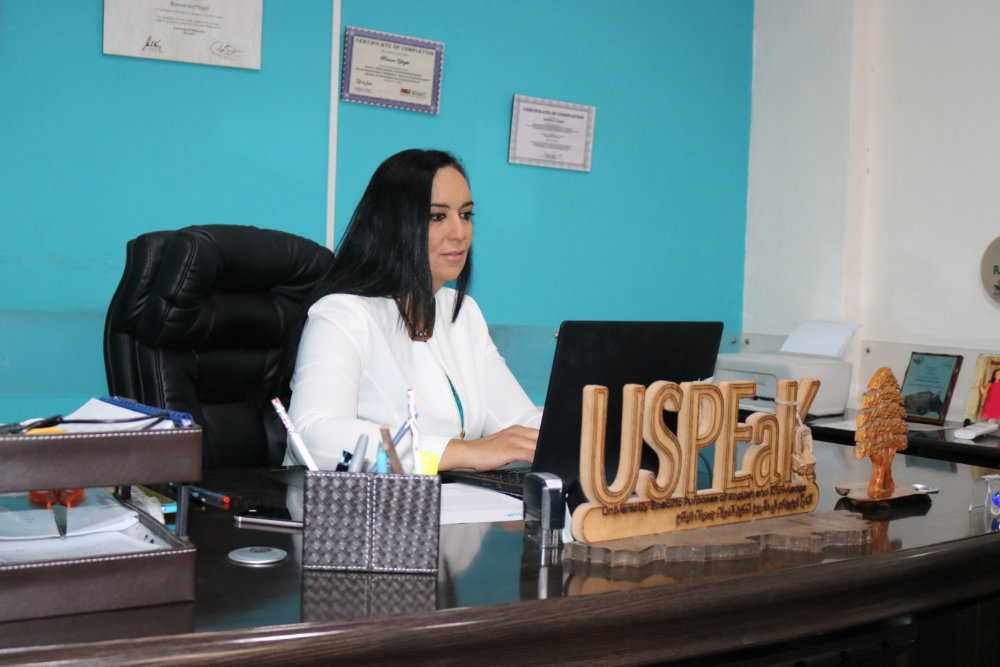
by ALICIA BULLER – arabnews.com — BEIRUT: Lebanese women have long fought against gender discrimination in the system. While activists have made great strides this year in terms of political and social awareness, national legal protections from domestic violence and sexual assault remain inadequate. The country also has a weak framework for basic women’s rights, especially in matters such as divorce, property rights and responsibility for children after divorce. Rawan Yaghi, a former teacher based in Lebanon’s northeastern region of Baalbek, set up social enterprise USPEaK in 2009 with the aim of giving the country’s citizens a voice, particularly its women. The organization’s main objective is to create a democratic community that engages citizens through education. “In my earlier career as a teacher, I was very active in social activism,” said Yaghi. “I was invited to International Women’s Day in Washington. I saw women being celebrated and honored for the enterprises they had started and thought, ‘oh, I can do that.’”
Yaghi registered USPEaK as an NGO in 2015. Since then, 2,600 women have been taught English and 1,200 have been taught about entrepreneurship. She has also overseen the education of about 10,000 Lebanese 7th and 8th grade students, who are taught a set curriculum based on themes such as citizenship and democracy. One of the main areas that USPEaK focuses on is teaching English. Yaghi believes the English language is one of the most important tools Lebanese women can have when seeking employment. “It’s like a passport. When they learn English, they’re able to access information that they are not usually exposed to,” she said. “They can know more about the media and the social work of others and they can get inspired by different ideas.”
Yaghi used her savings and a bank loan to launch USPEaK. Around a decade later, her civil rights work is gaining recognition on a global scale, receiving funds and grants from Germany, the UK and the US among others. “Many of our funds come from the US Embassy, especially for education — teaching English and (hosting) spelling bee projects,” said Yaghi. “We have other donors through UK Aid and ActionAid where we’re working on social cohesion.” Besides promoting democratic engagement, USPEaK is also focused on helping women reach positions of power in government. The enterprise has worked with 57 potential female candidates with the ambition that women will eventually make up a sizable proportion of elected representatives. “We have supported independents in running for office,” said Yaghi. “I was training potential women candidates in many different places in Lebanon. We support all of our social work through low-cost English courses. We work on many different things related to women candidates — this is where you can speak up, raise your voice, and express yourself.”
USPEaK currently employs 10 full-time staff alongside four part-timers and 80 contractors. The mission is not only to increase general political awareness, but also to shed light on more serious subjects, such as preventing violent extremism, the role of women in raising their children to be non-violent citizens, anti-sectarianism, and preventing child abuse. Nada Toufayli runs Debating and Community Service training for Teaching Women English Program teachers. (Supplied) Reshaping the political landscape is a tall order for Yaghi and her team, but she believes a positive mindset is crucial for any social enterprise that wishes to achieve its goals. “If you feel like you are a successful person, you will be a successful person,” she said. “If you have an inspiring idea, believe that it will be good; it will get money and be funded. “Get the ideas, get the business plan, believe in yourself and go for it.”



